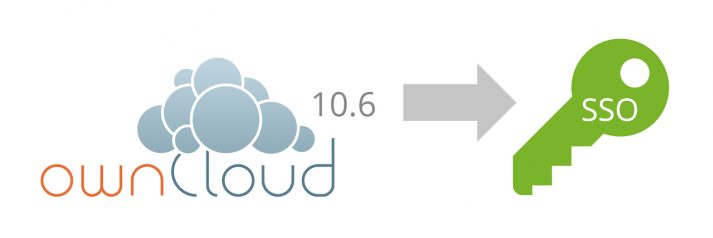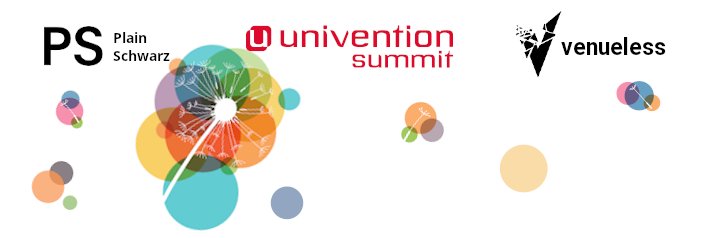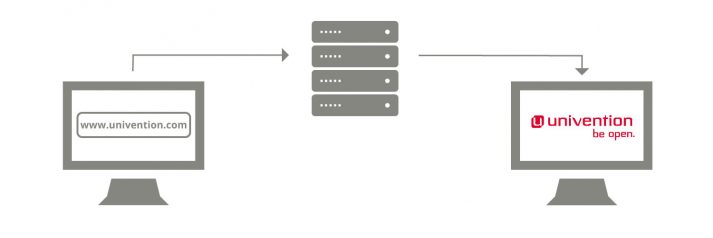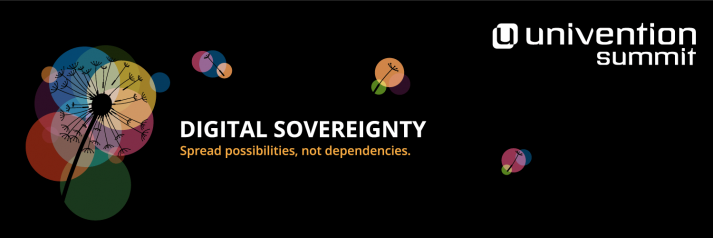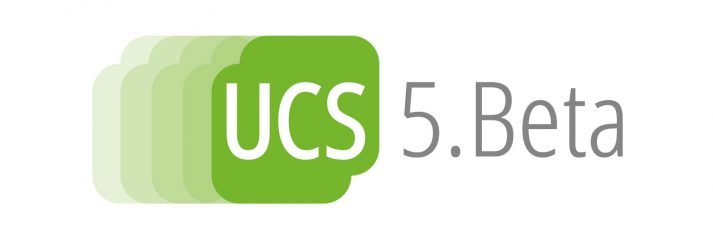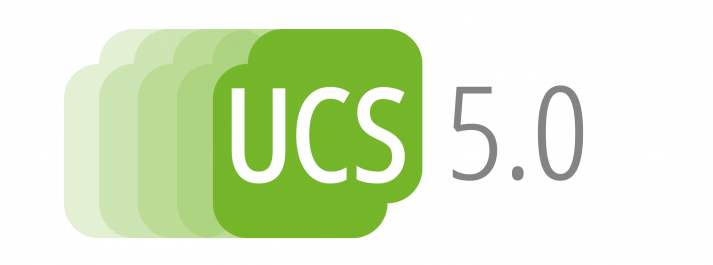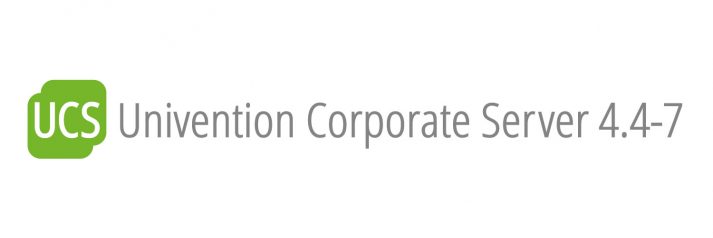How to integrate with LDAP – Example Redmine
In the first section of this article, “Typical Configuration Options”, I will be using an example to demonstrate the sort of information typically required to perform user authentication against the UCS LDAP. I will be taking you through the necessary configuration steps using the project management system Redmine as an example, as this requests all the typical information.
In the second section, “Types of Search Users”, I will detail the possibilities available to you if it is not possible to search through the UCS LDAP anonymously.

